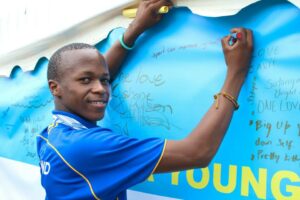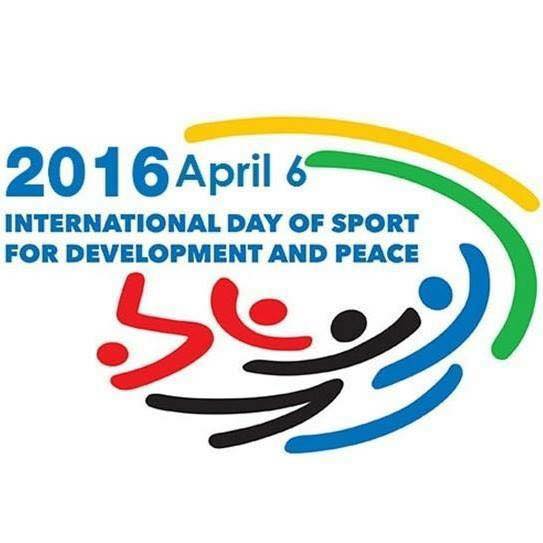Sport as a Driver of SGDs #SDP4SDG
April 6th, 2016Sport possesses unique attributes that act as a global communication platform. It has the ability to connect people and communities around the world, and to tackle multiple social and economic challenges.
Around the world, sport represents a significant source of potential for enhancing and even accelerating development and peace efforts, particularly those related to achieving the 17 Sustainable Development Goals (SDGs).
Sport for Development and Peace (SDP) is increasingly recognised as a significant agent for change and development in societies. On April 6 2016, the International Day of Sport for Development and Peace (IDSDP) will be globally celebrated with its theme, “Play for SDG”. This theme aims to reinforce that sport is one of the most versatile tools that can be used as we work to tackle the SDGs.
SDP programmes have the potential to make valuable contributions towards the post-2015 development agenda and emerging SDGs as well as youth policy frameworks. An example of this is the Mathare Youth Sports Association (MYSA) based in Nairobi, Kenya. MYSA provides training and organises tournaments within the 16 most deprived slums of Nairobi. Young people are involved in leadership training, environmental clean-ups, HIV/AIDS awareness programmes and other community service activities.
In an effort to advocate and promote the use of SDP, the Commonwealth Youth Sport for Development and Peace Working Group (CYSDP) was established with a vision to be the leading and driving voice for young people in the Commonwealth towards promoting best practices for SDP.
Based on Commonwealth Secretariat research and consultations, in which CYSDP members have contributed, sport plays a key role in tackling a number of goals including: healthy lives and well-being (goal 3), education (goal 4), gender equality (goal 5), economic growth and employment (goal 8), sustainable cities and human settlements (goal 11), and peaceful and inclusive societies (goal 16).

As the world gets to work on the attainment of the SDGs, it is in the best interest of development practitioners and stakeholders to integrate sport as an intervention tool to maximise our chances of achieving the SDGs.
To achieve this, the CYSDP developed a position statement that calls on stakeholders to commit to ensuring youth involvement in decision-making processes. CYSDP has also launched a Youth Advocacy Toolkit as a resource material for young development practitioners involved in SDP.
To celebrate IDSDP 2016, hundreds of young leaders and SDP practitioners will participate in CYSDP-led events across three Commonwealth regions, including symposiums and forums in Samoa, Australian, Nigeria, India and Kenya. For more information, follow us on Twitter and Facebook.




